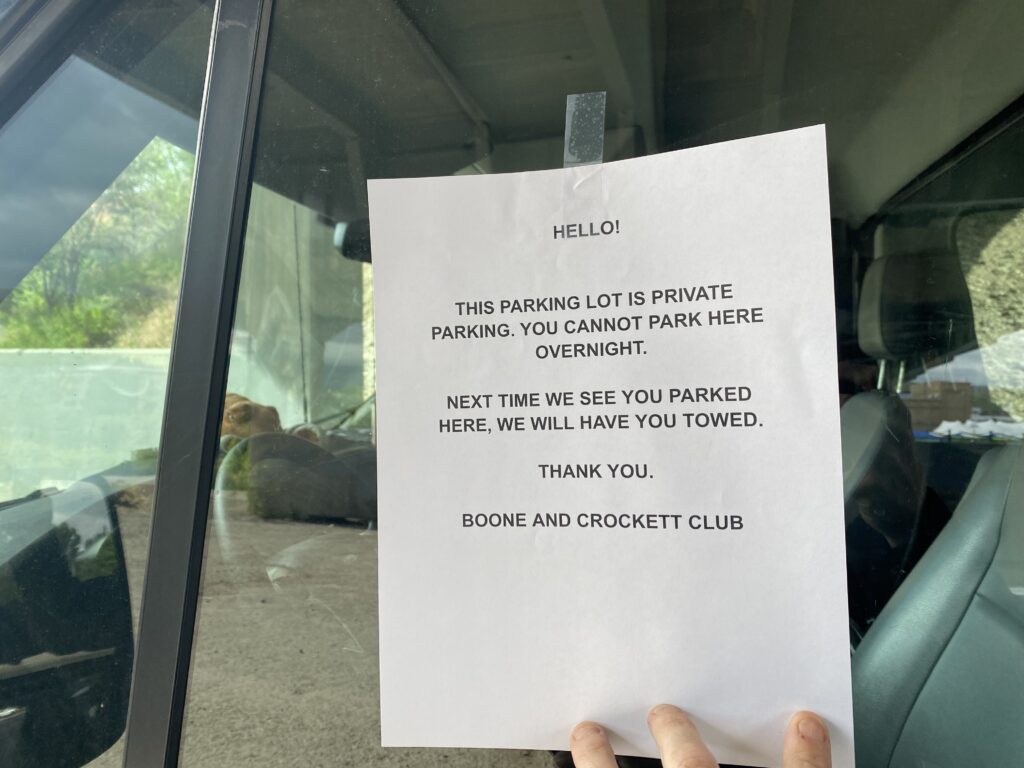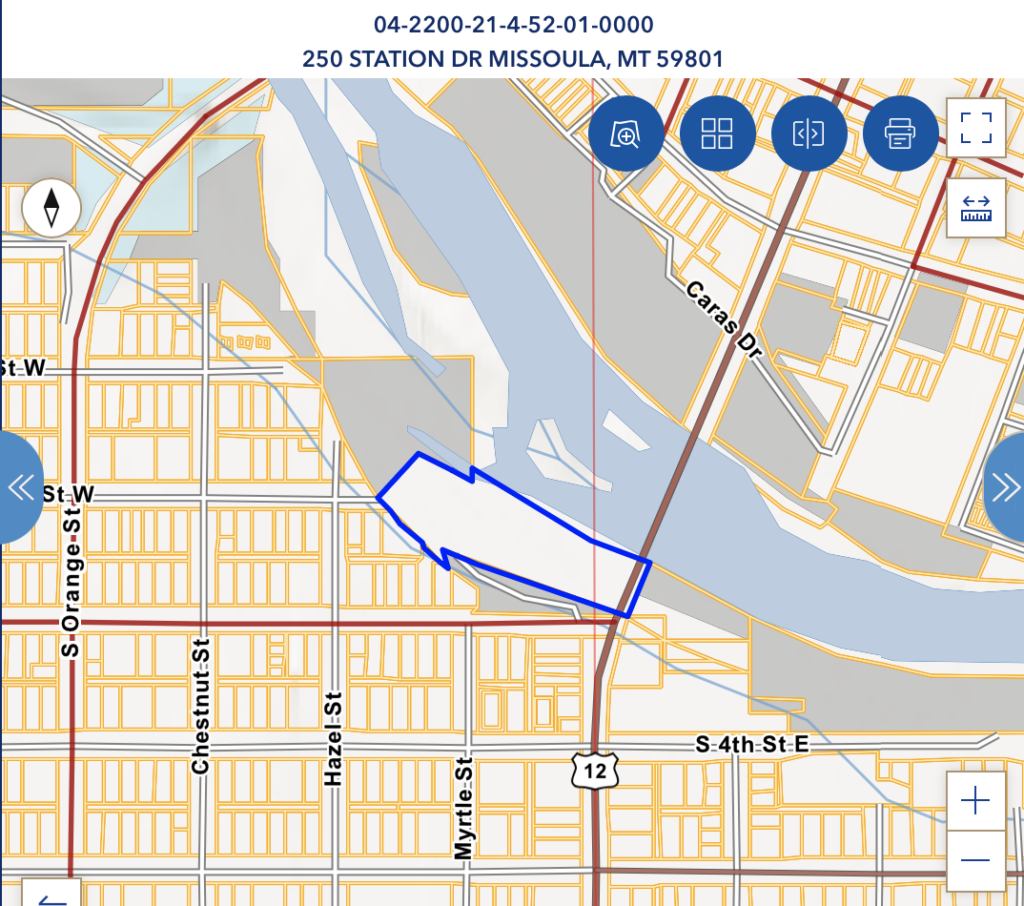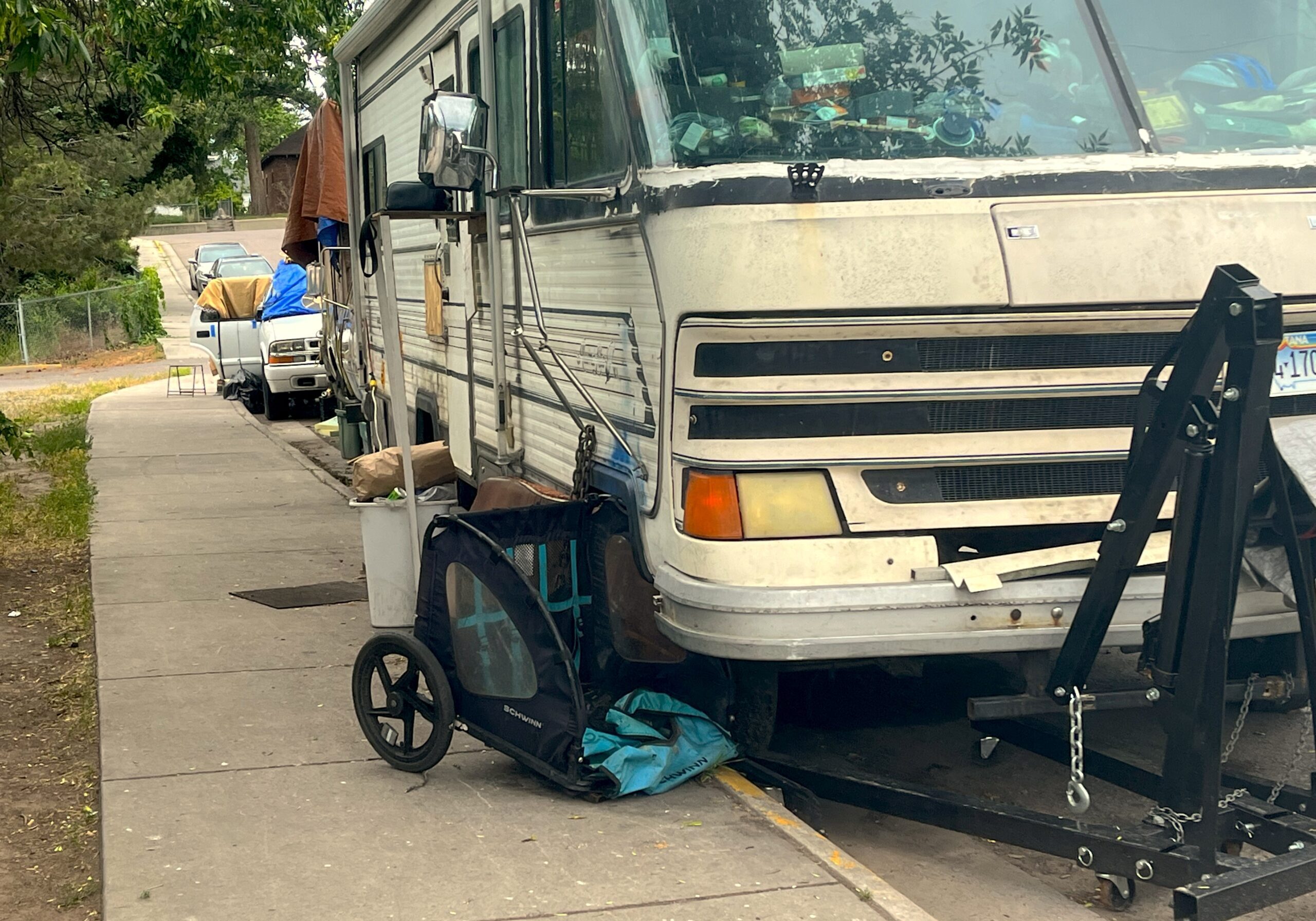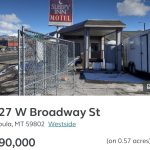From Local Ordinance to Supreme Court: Unpacking Missoula’s Urban Camping Debate
In his latest piece, Travis Mateer explores the complexities of Missoula's Urban Crisis Camping Ordinance and its implications in light of the Supreme Court decision on Grants Pass v. Johnson.
By Travis Mateer
Jul 4, 2024
When I accepted the assignment to compare Missoula’s Urban Crisis Camping Ordinance (UCCO), which passed on a 10-2 vote last Monday, to the end-of-the-week decision by the United States Supreme Court on Grants Pass v. Johnson, I realized my first reaction was quite subjective and personal. A big reason for this reaction is how close I’ve been to this conversation over the years, so upon reading the comment from Montana’s Attorney General, Austin Knudsen, my first impulse was to immediately dissect it with extreme prejudice.
When I slowed down and actually THOUGHT about what Missoula’s City Council decision accomplished, I realized something: the opponents to this local ordinance, led by Council members Daniel Carlino and Kristen Jordan, were missing the big picture, and so was I until the SupCo decision brought the ramifications of UCCO into focus for me.
One of the first questions that needs to be answered to bring some much-needed clarity on this confusing subject is WHY the ability of a municipal entity, like Parks and Rec in Missoula, ALREADY had the ability to clear camps off public lands. The reason? Municipal paralysis under the Martin v. Boise 9th Circuit Court decision hinged on something critical to this conversation that local opponents have either ignored, or don’t understand, and that’s the availability of shelter beds (emphasis mine).
Since I’ve been closely watching this debate about urban camping unfold, I’ve distinctly heard the claim made by proponents of this ordinance that shelter beds ARE AVAILABLE. Because of this shelter bed availability, even the pre-ordinance TOTAL BAN on urban camping could have been enforced. This is why supporters of the ordinance, which essentially codifies urban camping into law, believe they are the ones doing the humane thing for crisis campers.
The one knowledgable counter-argument I’ve heard pushing back on the availability of bed assertion, which is bolstered by the existence of the Transitional Safe Outdoor Space, the Johnson Street Shelter, and the previously available, now shuttered, Urban Camping Site located by Walmart, is that many of those who are urban camping are FORBIDDEN to utilize shelter services. Is this true?
Sure, having worked at The Poverello Center from 2008-2016, I can say that plenty of individuals have lost services over the years for UNSAFE behavior toward staff, other residents, or themselves. If those individuals who lost services want to start making different choices, like engaging in less violent behavior (which usually has addiction as an underlying factor), then there is almost ALWAYS a path for someone to get back into receiving services.
If this critical point of available shelter beds isn’t explained and understood by the broader public, then the response to the SupCo decision from Missoula’s Mayor might not make a lot of sense to them, or even to the legacy media outlets tasked with reporting on this. For a great example, here’s how KPAX is cautiously reporting on the latest urban camping development(emphasis mine):
The ruling seems to line up with the Missoula City Council’s recent passing of a homeless ordinance. Mayor Andrea Davis stated that this ruling will not affect the ordinance, however.
“The ordinance was not written in a way that expired with a decision such as today’s Supreme Court decision, for example,” Davis said.
U.S. Supreme Court ruling won’t impact Missoula’s homeless ordinance. KPAX. June 28, 2024.
Are you confused by this quote? If the answer is yes, don’t worry, so am I. The only thing that “seems to line up” because of this court decision, from my perspective, is the opportunity to play politics with the public’s EXPECTATIONS, which is entirely different than dealing with the actual on-the-ground reality.
Let’s take a look now at the official response from Montana’s Attorney General, Austin Knudsen, who called out Missoula and Bozeman specifically in his remark:
“This is a huge win for cities across Montana that are suffering from unsafe public spaces. For too long local governments have been unable to address the rampant homeless camps and their side effects in communities across the state because their hands were tied. Cities like Bozeman and Missoula can’t hide behind the lower court’s flawed decision any longer. Now, they can enforce the laws that stop Montana streets from becoming camps for the homeless.”
Attorney General Knudsen Issues Statement On Supreme Court Decision Reversing Restrictions On Homeless Camp Bans. Montana Department of Justice. June 28, 2024.
Ok, let’s talk about enforcing laws now.
On Monday my assumption was proven wrong that the geography I am currently housing my box truck on, and thus myself, is owned by the Montana Department of Transportation (MDOT). I was expecting the eventual notice to move along to come from MDOT, but, instead, I returned from writing a post at a cafe about refugees and their poor housing woes to the following notice taped on the driver’s side window of my house on wheels:

Since there was no visible signage about overnight camping directly under the bridge, or indication of who owned the property, I followed up with the Boone and Crocket Club and the staff were less than enthused to have a Gonzo journalist living in a box truck questioning their ownership and ability to have law enforcement ENFORCE their property rights by towing my truck if I refused to leave.
“Do you want us to have you towed right now?” I was asked icily by the woman I was speaking with. “Well, it’s daytime, and I’m not leaving right now, so do what you will,” I replied.
About 15 minutes later a police cruiser appeared. Once I left my message with the Attorney General’s Office (story at Zoom Chron), I spoke with the police officer. The kind officer patiently explained to me (very much hating his job) that it wasn’t his position to confirm property ownership, but to ascertain when I would be relocating the vehicle.
When something other than “yes, sir” came from this homeless citizen’s mouth, the kind officer again patiently explained that, due to his extensive experience on matters like these, what would happen next if I didn’t comply is that I would be taken in front of a judge and, during that time away from my truck, regardless of how right I might be, my truck would be towed and I would lose all my stuff.
With that in mind, I explained my truck battery issues, but said that I should be able to move my truck by sundown. The kind officer said he would communicate that to the staff at Boone and Crockett, who do appear to have ownership of this parcel of riverfront property, according to the Montana Cadastral website.

This well-timed anecdote of my “lived experience” living like a Chris Farley character down by the river highlights how law enforcement NEVER LOST the ability to enforce laws regarding a wide variety of things people do, like infringing on private property rights, or creating public health hazards by setting booby traps on public land.
WHOOPS! Out of habit I used the wrong term here. Language is very important to our local officials, so I need to clarify that a NEEDLE trap is very different than a BOOBY trap, which I learned earlier this week from this incredible explanation from Becky, who does communication services for Missoula’s Parks and Rec:

With that absurd tangent out of the way, I can now pose my final question, a question best directed to the Attorney General’s Office and the man in the cowboy hat, Austin Knudsen, who wants voters to keep him employed by taxpayers for another term: why did a state agency (MDOT) have to use a court injunction against a homeless man, Todd Keith Spence, in order to get the Missoula County Sheriff’s Office to do what City police accomplished with me in less than 30 minutes?
Maybe my article next week about Westridge Creative will help illuminate some things for readers of Western Montana News, so stay tuned.
And, as always, thanks for reading!

Travis "William Skink" Mateer is an artist and citizen journalist documenting the New Normal in Missoula, Montana. Read more of his work at Zoom Chron.
Categories: Crime, Government, Health, Politics
Don’t miss the week’s top Montana stories
Join readers across Montana who rely on WMN for independent reporting.
Unsubscribe anytime. Want to support WMN? Upgrade for $4/month →





